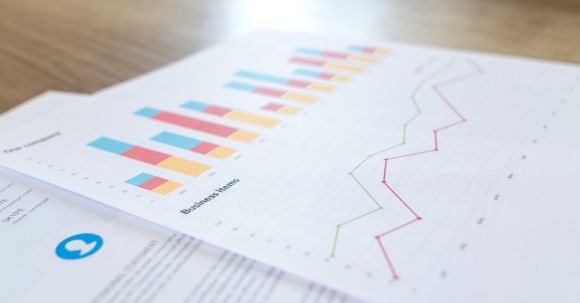In the fast-paced world we live in, the need for efficient urban planning has never been greater. As cities continue to grow and evolve, it is essential to find innovative solutions to manage this rapid urbanization. Enter big data analytics – a powerful tool that has the potential to revolutionize the way we plan and design our cities. By harnessing the vast amounts of data available to us, urban planners can make more informed decisions, create sustainable communities, and improve the quality of life for residents.
Utilizing Data for Smart Decision Making
Urban planners have always relied on data to inform their decisions, but the availability of big data takes this to a whole new level. With the ability to collect and analyze massive amounts of data from various sources, such as sensors, social media, and government databases, planners can gain valuable insights into how cities function. This data can help identify patterns, detect trends, and predict future needs, enabling planners to make smarter, more data-driven decisions.
Improving Efficiency and Sustainability
One of the key advantages of big data analytics in urban planning is its ability to improve efficiency and sustainability. By analyzing data on traffic patterns, for example, planners can identify areas with high congestion and develop strategies to alleviate it. This could involve implementing smart traffic management systems, optimizing public transportation routes, or creating pedestrian-friendly areas. By reducing congestion and improving transportation efficiency, cities can become more sustainable and livable.
Enhancing Quality of Life
Big data analytics also has the potential to enhance the quality of life for residents. By analyzing data on factors such as air pollution, noise levels, and access to amenities, planners can identify areas that may be harmful to residents’ health and well-being. This information can then be used to guide decisions on where to build parks, schools, and healthcare facilities, making cities more livable and improving residents’ quality of life.
Promoting Inclusive Planning
Inclusive planning is a crucial aspect of urban development, and big data analytics can play a significant role in promoting inclusivity. By analyzing demographic data, planners can gain insights into the needs and preferences of different communities. This information can be used to ensure that development projects are tailored to meet the unique needs of various populations, including marginalized groups. By incorporating diverse perspectives into the planning process, cities can become more inclusive and equitable.
Addressing Urban Challenges
Urban planning is not without its challenges, but big data analytics can help address some of these issues. For example, by analyzing data on crime rates and patterns, planners can identify areas with high crime rates and develop strategies to improve safety. Similarly, by analyzing data on energy consumption, planners can identify areas with high energy usage and develop strategies to promote energy efficiency. By addressing these challenges head-on, cities can become more resilient and better equipped to handle future urban growth.
The Future of Urban Planning
As technology continues to advance, the potential of big data analytics in urban planning will only grow. With the advent of the Internet of Things (IoT), cities will become even more connected, generating vast amounts of data. This data can be used to create smart cities, where everything from transportation to energy usage is optimized for efficiency and sustainability. By leveraging the power of big data analytics, urban planners can shape the future of our cities, creating vibrant, livable, and sustainable communities for generations to come.
In conclusion, big data analytics has the potential to revolutionize the field of urban planning. By harnessing the power of data, planners can make more informed decisions, improve efficiency and sustainability, enhance the quality of life for residents, promote inclusive planning, and address urban challenges. As technology continues to advance, the future of urban planning looks promising, with big data analytics at the forefront of innovation. By embracing this technology, cities can pave the way for a brighter and more sustainable future.





